You have not yet added any article to your bookmarks!

Join 10k+ people to get notified about new posts, news and tips.
Do not worry we don't spam!

Post by : Anis Farhan
Mental health conversations today are no longer just about treating illness—they’re about building strength. Across the globe, the emphasis is shifting from fixing what’s broken to nurturing what works. As therapy becomes more mainstream and wellness culture grows, a new term is emerging: mental wealth. Unlike traditional mental health models that focus on diagnosis and recovery, mental wealth is about proactively investing in emotional resilience, self-awareness, and daily peace of mind. It’s therapy redefined—not as a lifeline, but as a lifestyle.
The narrative around mental health has always been closely tied to crisis. Whether it was burnout, anxiety, depression, or trauma, therapy was often seen as a last resort. But this crisis-led model is being steadily replaced. In countries like the U.S., UK, India, and parts of Southeast Asia, mental healthcare is now being discussed in the same breath as physical exercise and nutrition. Apps, digital platforms, and virtual therapists have made access easier, more affordable, and less stigmatized. The goal is not to wait until life falls apart—it’s to build mental tools before the breakdown.
More people now see therapy the way they see a gym membership: a place to strengthen and maintain well-being. Weekly check-ins with a psychologist are not just for major emotional upheaval, but for navigating everyday stress, relationships, and decision-making. The wellness industry is playing a huge role in this normalization. Celebrities are talking about therapy openly. Social media therapists with relatable content are gaining millions of followers. What was once taboo is now trendy, but not in a superficial way—people are genuinely valuing emotional literacy.
This change isn’t uniform across all cultures, but Gen Z and Millennials globally are pushing for mental health integration in schools, offices, and communities. In countries where mental illness was once hushed—like Japan, South Korea, or even rural parts of India—young people are now demanding open discussions and institutional support. There’s a strong belief that acknowledging mental struggles isn’t weakness—it’s maturity. The result is a generation that talks about boundaries, therapy, trauma, and self-worth with clarity and confidence that was rare just a decade ago.
One of the biggest driving forces behind the mental wealth movement is the modern workplace. The pandemic forced companies to reckon with employee mental fatigue. Now, many workplaces include wellness budgets, mental health days, and mindfulness programs as part of their HR strategy. In cities like Singapore, Dubai, London, and New York, top firms are hiring in-house counselors or partnering with mental wellness platforms. Mental wealth is becoming a business priority, because well-balanced employees are more productive, creative, and loyal.
While digital therapy apps like BetterHelp, Calmerry, and Headspace have democratized access, the online model also raises concerns. Can therapy be reduced to 10-minute check-ins? Are algorithms truly understanding human pain? Critics argue that therapy risks becoming too commodified. But supporters say that even limited access is better than none—and for many, digital tools are a first step toward deeper healing. Online therapy isn’t the solution; it’s the doorway.
In many cultures, therapy is being reimagined through the lens of local tradition. In India, it may include meditation, Ayurveda, or yoga. In the Middle East, it may involve faith-based counseling. Western therapy models are blending with indigenous practices. This hybrid approach allows people to engage with emotional support without feeling disconnected from their cultural roots. The idea isn’t to replace tradition but to complement it with modern understanding.
Education systems are beginning to recognize that emotional intelligence is just as critical as math or science. From Scandinavian countries to progressive schools in Asia, there’s a growing push for embedding emotional learning, conflict resolution, and stress management into early curricula. Children are being taught to name their emotions, ask for help, and regulate stress—all of which create a foundation for mental wealth before adulthood. The impact? A generation that’s less reactive and more emotionally equipped.
Social media has played a complicated role in shaping mental health narratives. While it can promote unrealistic perfectionism, it also provides platforms for sharing personal journeys. Celebrities like Selena Gomez, Deepika Padukone, and Prince Harry have openly discussed therapy, encouraging others to seek help. On TikTok and Instagram, licensed therapists share mental health insights in accessible formats. These platforms have helped shift therapy from “treatment” to “toolkit.”
The next evolution in this space will likely be personalization. Just as physical wellness now includes personalized fitness and nutrition plans, mental health services will focus on tailored emotional strategies. AI-driven therapy, mental fitness trackers, and neurofeedback tools may soon help individuals monitor their emotional highs and lows in real-time. But no matter how advanced the tech becomes, the core idea will remain: mental wealth isn’t a fix, it’s a foundation.
We’re living in an age of overstimulation, constant comparison, and information overload. People are exhausted—not just physically, but emotionally. The shift toward mental wealth signals a cultural recognition that success is hollow without peace. From policy to pop culture, from classrooms to boardrooms, the idea of prioritizing emotional sustainability is no longer niche—it’s necessary. Investing in mental wealth is how societies will thrive in the 21st century.
The information provided in this article is for editorial and informational purposes only. It is not intended as medical advice, diagnosis, or treatment. Readers are encouraged to consult qualified mental health professionals for personal concerns. The views expressed are those of the author and do not represent the official stance of Newsible Asia.
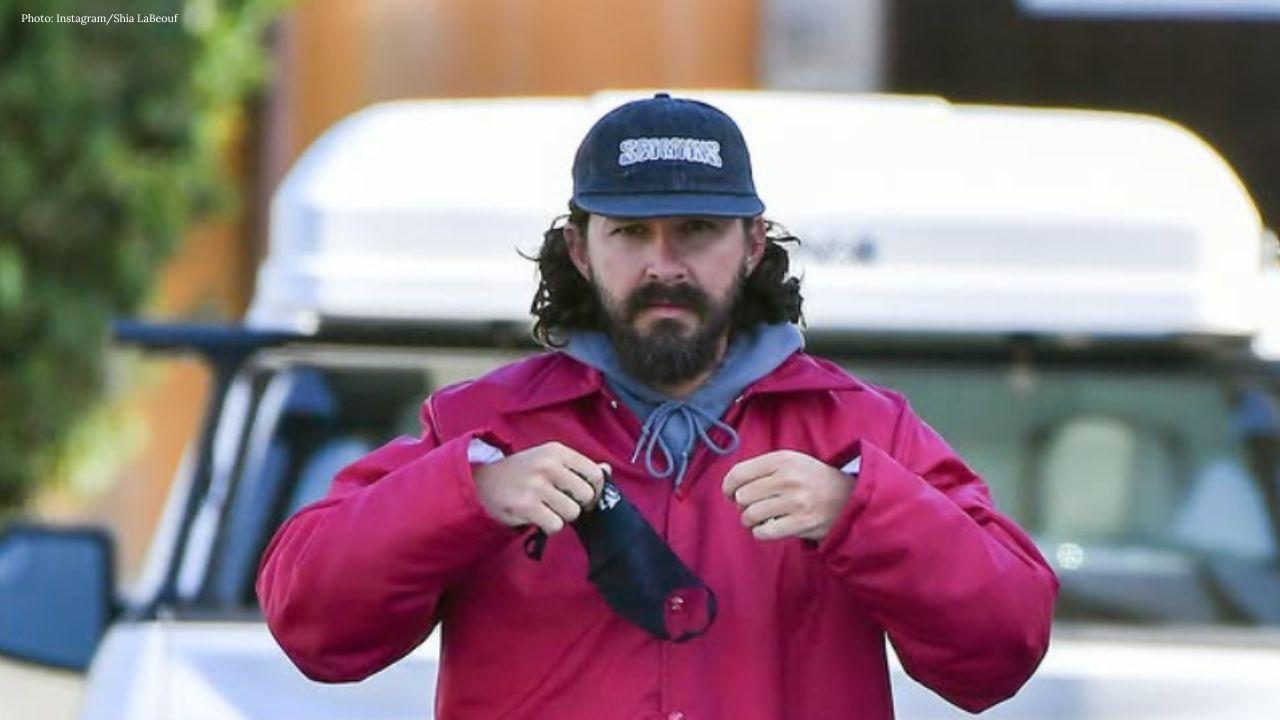
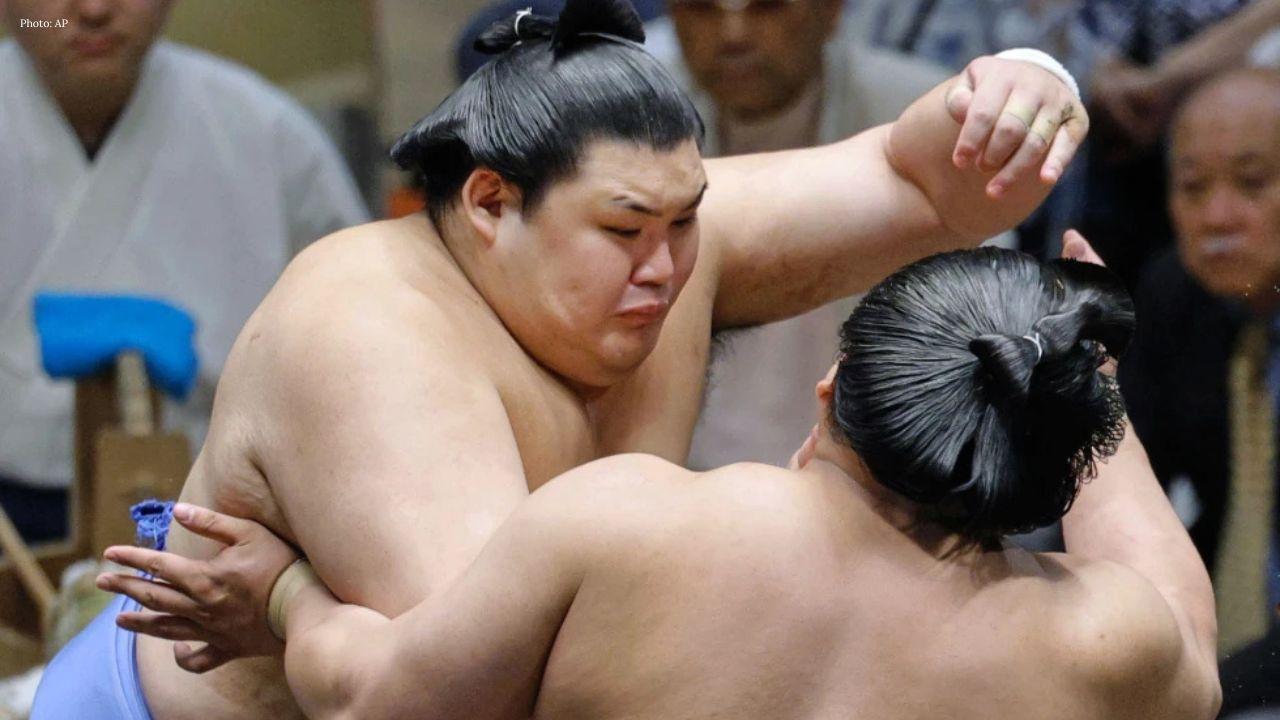

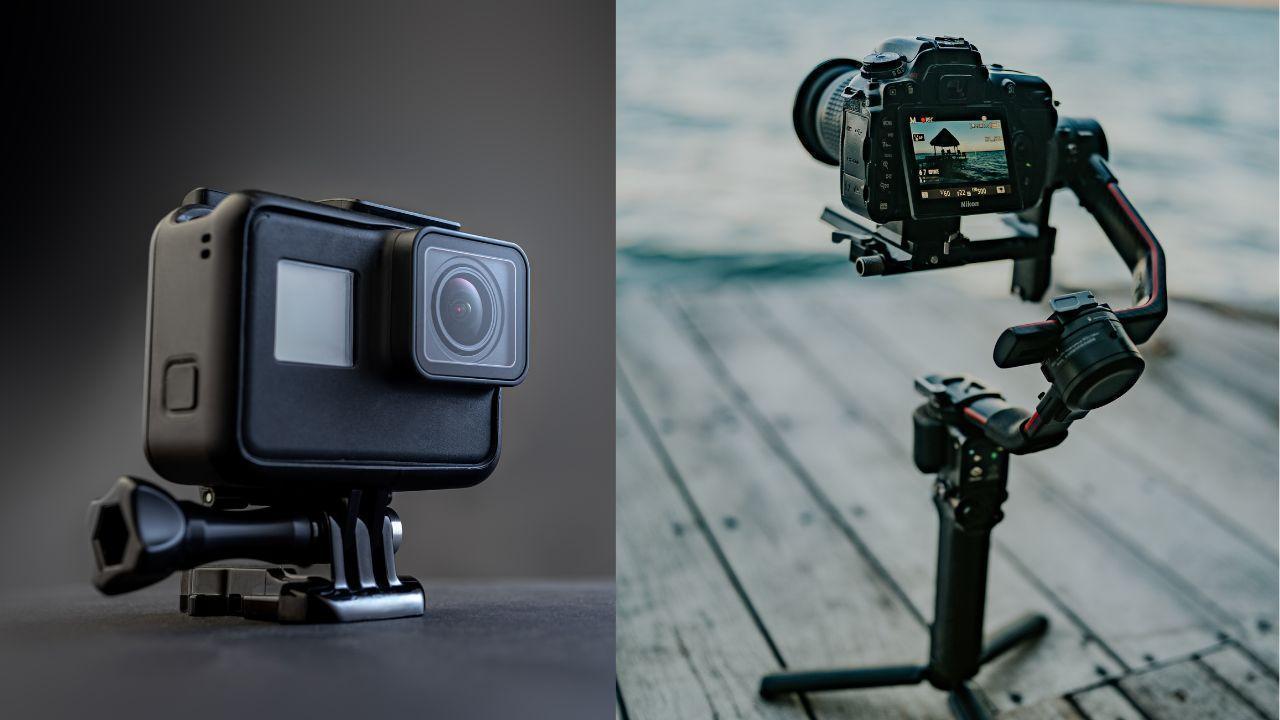

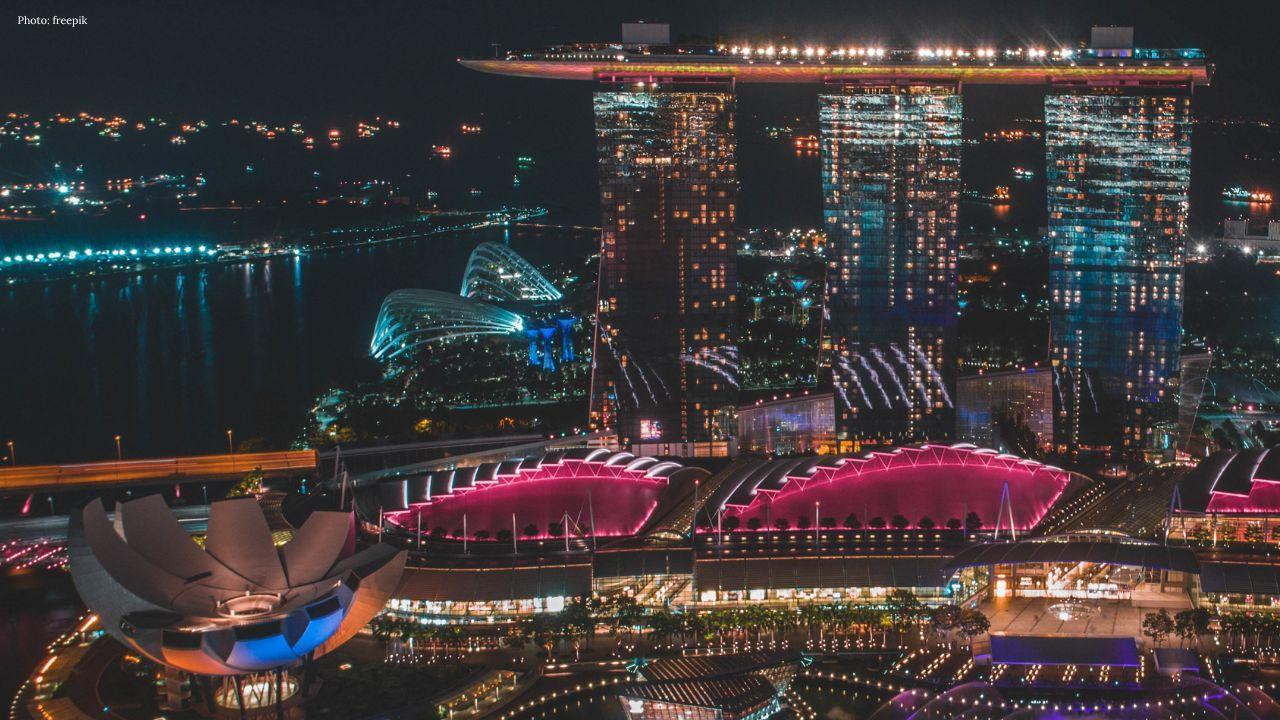




Sumo Rocked by New Bullying Scandal as Terunofuji Admits Abuse
Retired grand champion turned stablemaster reports himself to authorities for violent conduct toward

Son of Oil Tycoon Riza Chalid Sentenced to 15 Years in $17 Billion Corruption Scandal
Jakarta Corruption Court convicts Muhammad Kerry Adrianto Riza in high‑profile Pertamina graft case

Marina Bay to Celebrate Disney Adventure With Fireworks & Fun
UOB Marina Bay Sands & Singapore Tourism Board join Disney Cruise Line for a 2-month nautical celebr

Rashmika Mandanna and Vijay Deverakonda Tie the Knot in Grand Udaipur Wedding
The beloved actors celebrated their Telugu and Kodava heritage with traditional ceremonies at ITC Me

Raja Ampat Welcomes Back Endangered Zebra Sharks
Scientific collaboration and community education drive rare species repopulation in the Coral Triang
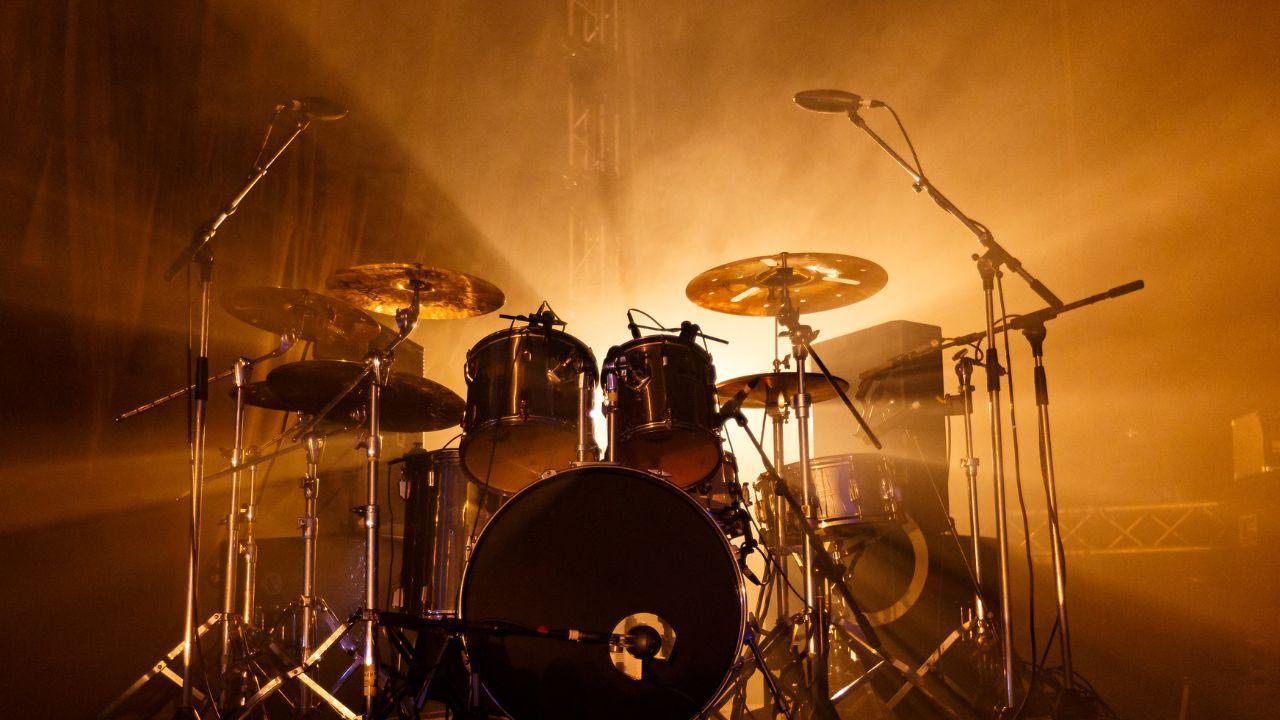
Tomorrowland Thailand Set for Full‑Scale Asian Debut in December 2026
Thailand to host world‑renowned electronic music festival in Pattaya, expected to draw tens of thous